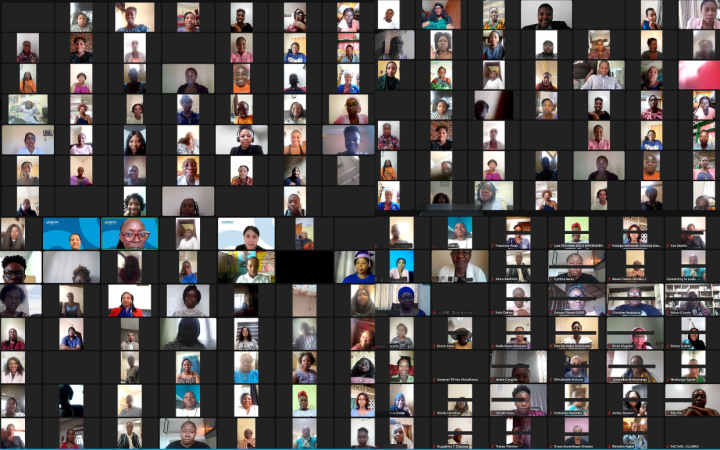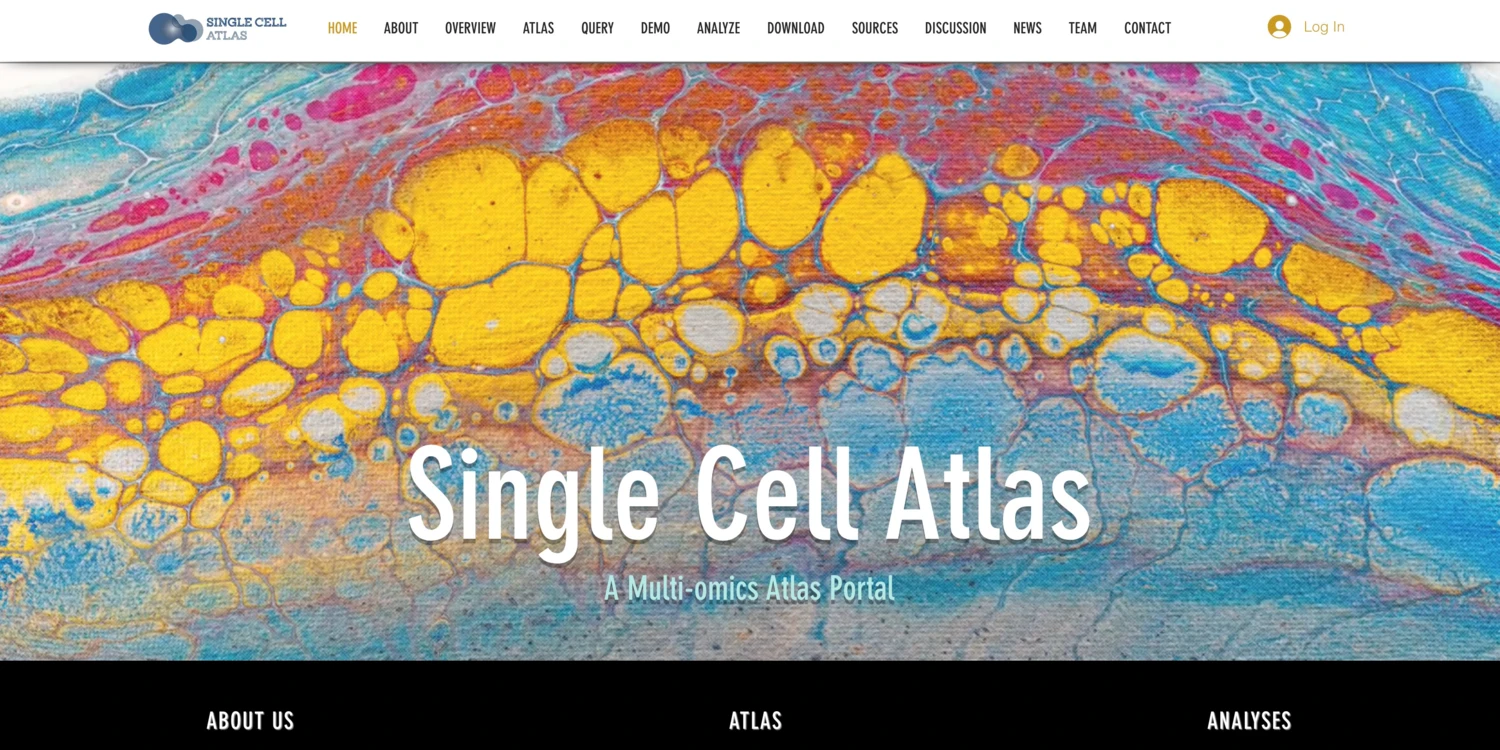Following a commitment to ban promotion of unhealthy food and drinks from ad spaces it owns, the Queensland Government has now removed sugary drinks from its facilities.
The directive to make sugary drinks unavailable in its hospitals and health clinics while simultaneously promoting water as the beverage of choice for patients, staff and visitors, is part of Queensland Health’s A Better Choice program which seeks to promote healthier food and drink options.
The A Better Choice Healthy Food and Drink Supply Strategy for Queensland Health Facilities, to use its full name, seeks to “[improve] the range, availability and promotion of healthy foods and drinks [while] also limit[ing] the availability of less healthy options.”
The removal of sugary drinks from health facilities in line with this strategy has been welcomed by the Rethink Sugary Drink alliance of 19 leading health and community organisations including the ADA, with Jane Martin, Executive Manager of the Obesity Policy Coalition, applauding the health implications of the move.
“Sugary drinks, like sports drinks, soft drinks and energy drinks, are a contributor to tooth decay, weight gain, obesity, and serious long-term health problems, but ironically they are readily available in our hospitals and health facilities.”
The removal of drinks in Queensland Health’s RED category, which are drinks that “contain added sugar, cream, ice-cream, sorbet, gelato and/or confectionary” such as soft drinks, energy drinks, sports drinks and fruit drinks is accompanied by a commitment to sell artificially-sweetened drinks and flavoured milks in the AMBER category in small sizes. (These drinks still pose a risk to peoples’ oral health if consumed frequently.)
Rethink Sugary Drink is encouraging other states and territories to follow Queensland’s example as well as recommending the following measures to tackle sugary drink consumption:
(1) A public education campaign supported by government that highlights the health impacts of consuming drinks high in sugar.
(2) Comprehensive mandatory restrictions by state governments on the sale of sugar-sweetened (and increased availability of free water) in schools, government institutions, children’s sports and places frequented by children.
(3) Creation of state and local government policies that reduce the availability of sugary drinks in workplaces, government institutions, health care settings, sport and recreation facilities and other public places.
The Queensland Government initiative, is an important step towards dealing with the oral and general health crisis in Australia, as detailed in Australia’s Oral Health Tracker, a joint undertaking of the ADA and the Australian Health Policy Collaboration.








